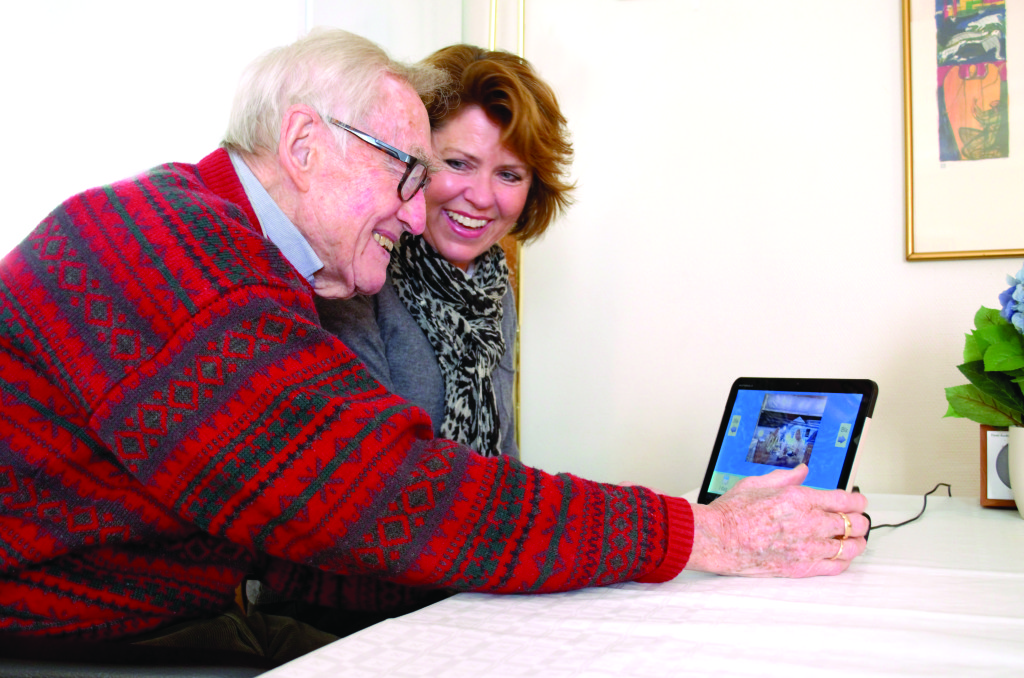Welfare and assistive technologies
Welfare or assistive technology means technical solutions that can help users in their daily lives. It enables individuals to cope better and to participate in the society. This can be at home, during leisure time, at work or at school. It can also be used to take care of safety and security. Smart homes are examples of how to use such technology. Assistive technologies support persons with disability by compensating for the impairment or lacking ability.
People of all ages may need welfare or assistive technology, and the need may be temporary or permanent.The overall objective is to increase independence, wellbeing and quality of life, and to support daily functions.
Totally new solutions to the European market may result from the recently established R&D project Home4Dem which is precisely about smart home technology. Karde is partner in this project, which is coordinated by INRCA (Istituto Nazionale di Riposo e Cura per Anziani) from Ancona, Italy.
We are also especially proud about the memory and coping assistant Memas which in has been established on the Norwegian and German market. Memas is a result of the European AAL JP project Mylife that Karde coordinated.
Our POSEIDON project from EU’s 7th Framework Programme is about assistive technologies for persons with Down’s Syndrome and their families. It will provide a number of useful apps for these user groups.
Our expertise ranges from in-depth understanding of end user requirements to testing and evaluations. We have also commercialised ICTs, so we know what it takes to bring a technology from prototypes to a market-mature solution. A specialist area of Karde is testing and evaluation of planned and existing welfare technological solutions.
We work closely with our sister company Tellu AS, which supplies advanced components for new welfare technology solutions.
Contact
Riitta Hellman, mobile +47-982 11 200
Terje Grimstad, mobile + 47-908 44 023

